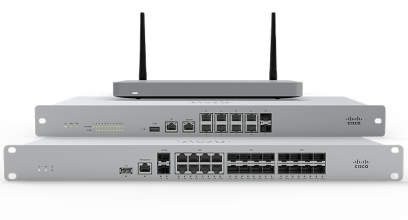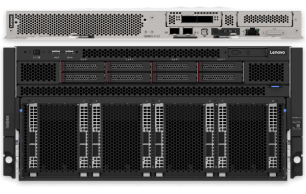Outsourced Management of Cloud Infrastructure Services.
Managed cloud refers to outsourcing cloud infrastructure management to a third-party provider, including monitoring, security, backups, and optimization.
Managed cloud refers to outsourcing cloud infrastructure management to a third-party provider, including monitoring, security, backups, and optimization.
Managed cloud providers handle the setup, monitoring, and ongoing maintenance of cloud infrastructure, ensuring optimal performance and uptime.
Managed cloud services include robust security protocols such as encryption, firewalls, and real-time monitoring to protect data and applications.
Managed cloud offers scalability, allowing businesses to easily adjust resources according to demand, ensuring optimal performance during peak periods.
Managed cloud services provide 24/7 expert support and continuous optimization, ensuring your infrastructure operates efficiently and cost-effectively.



Managed cloud services go beyond basic infrastructure by offering built-in monitoring, advanced security, automated updates, and expert support. These features help businesses maintain performance, ensure uptime, and address issues proactively—freeing internal teams from the burden of daily cloud maintenance and troubleshooting tasks.
In contrast, regular cloud hosting usually provides raw infrastructure without the added layer of management. While it
Managed cloud services deliver robust security through encryption, multi-factor authentication, and continuous monitoring. These measures protect data and systems, prevent unauthorized access, detect threats early, and maintain data integrity—ensuring a secure, compliant cloud environment that supports business continuity and protects critical digital assets.
Additionally, they ensure compliance with industry regulations and standards, reducing risk and helping businesses meet legal requirements. With proactive protection and expert oversight, managed cloud services create a secure foundation for digital operations—allowing organizations to focus on growth and innovation without compromising on safety.
The cost of managed cloud services depends on several factors, including resource usage, infrastructure size, and the level of support required. These services are typically billed through flexible subscription models, allowing businesses to scale resources and costs based on real-time needs and growth.
This approach makes managed cloud ideal for organizations seeking predictable budgeting and cost control. By avoiding large upfront investments and paying only for what’s used, companies gain access to enterprise-level infrastructure, expert support, and enhanced security—delivering exceptional value while maintaining financial agility.

The package includes setup, management, and ongoing maintenance of cloud infrastructure for optimal performance and uptime.

Includes robust security measures like encryption, real-time threat monitoring, and automated compliance management for data protection.

Provides round-the-clock monitoring, proactive issue resolution, and access to expert support for seamless cloud operations.

Ensures regular backups and a solid disaster recovery plan, ensuring business continuity in case of disruptions.
Managed cloud services offer exceptional scalability, enabling businesses to adjust resources quickly based on changing demands. Whether expanding infrastructure during peak periods or scaling down during quieter times, these services provide the flexibility to grow efficiently without overprovisioning or added complexity.
This dynamic adaptability supports business continuity and long-term growth, allowing organizations to launch new projects, enter new markets, or handle increased workloads seamlessly. Managed cloud environments eliminate the need for major hardware investments, giving companies the freedom to evolve confidently in an ever-changing digital world.